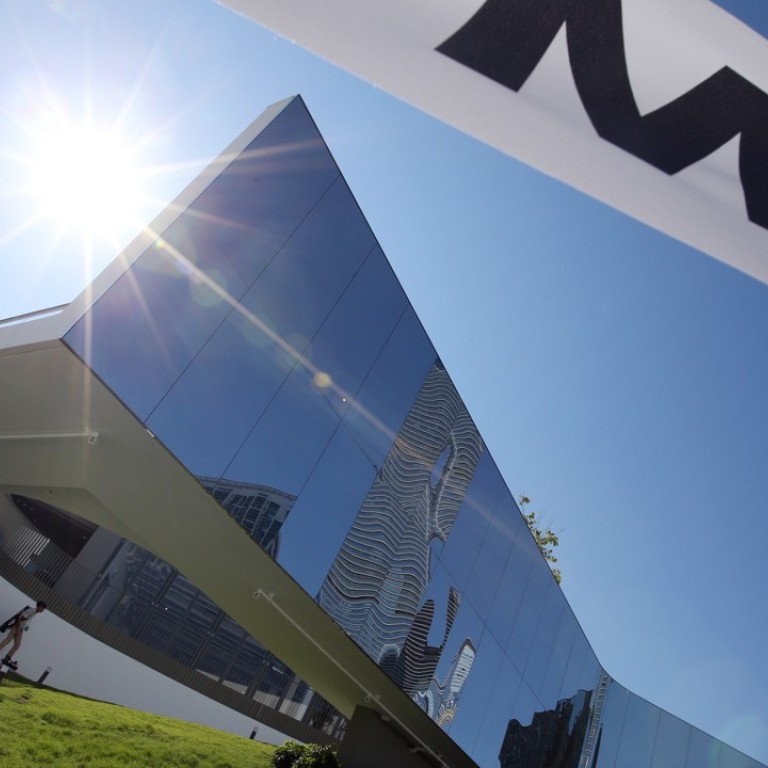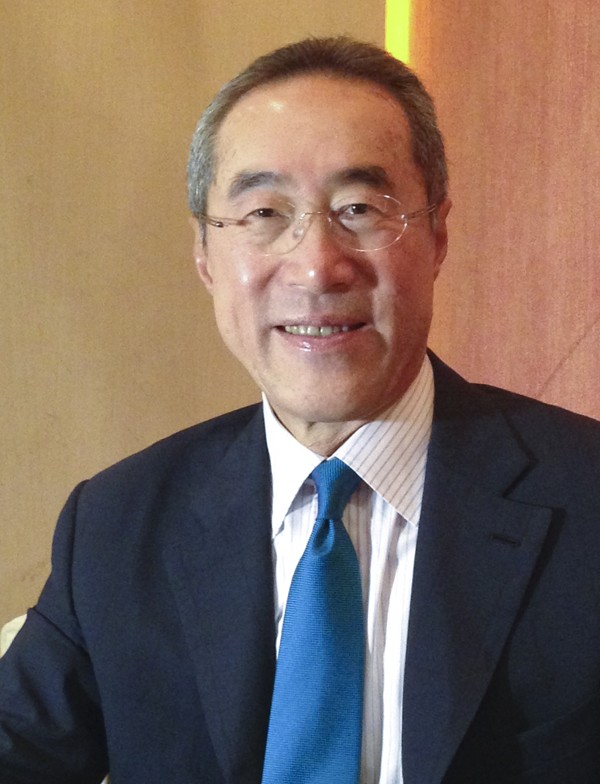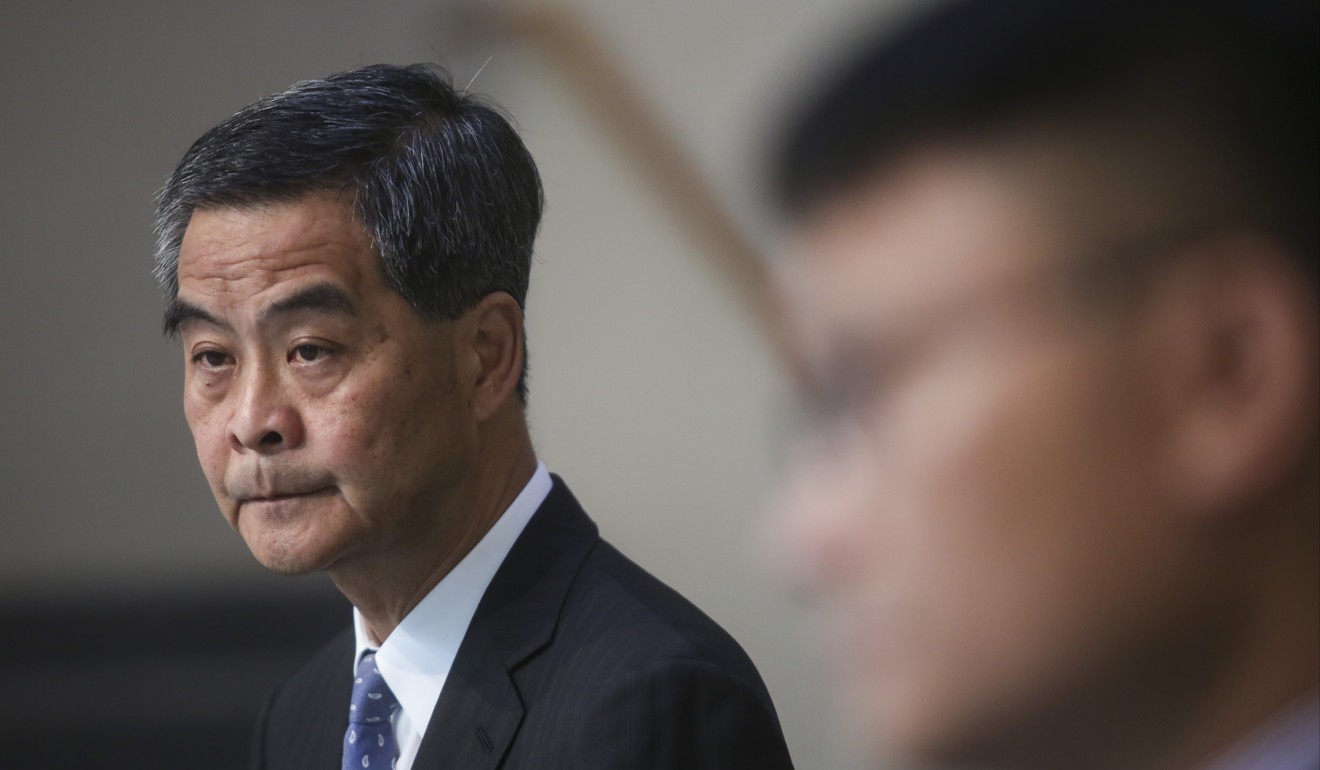
Henry Tang to spread message of Hong Kong’s freedoms, and how they help the arts thrive, as head of cultural district authority
‘I will be the person to say’ Hong Kong remains free and that freedom is a reason the arts prosper, city’s former No. 2 official says as he prepares to take over reins again at West Kowloon arts hub
Henry Tang Ying-yen will address concerns about Hong Kong’s artistic freedoms as chairman of the West Kowloon Cultural District Authority, while focusing on audience building and promoting the wider benefits of the arts. Tang returns to the role of steering development of the city’s long-awaited arts hub on October 1, after a six-year gap.
Tang, the first chairman of the authority from 2007 to 2011 when he was chief secretary – the No. 2 role in Hong Kong’s government – said in an interview that he would spread the message that Hong Kong remains free and that such freedom is a reason why the arts will thrive.
“I will be the person to say it,” he said.

When government officials defend the potential of the West Kowloon Cultural District (WKCD), which is costing HK$33.3 billion (US$4.3 billion) to build and is often criticised as a waste of public funds, they rarely highlight the fact that, unlike China, Hong Kong does not censor art or see art as a propaganda tool – leading some to wonder whether they see the city’s freedoms as an asset.
I believe [the] WKCD will be a platform through which Hong Kong can become a cultural centre to rival London and New York, just as it has in finance
Tang said he was confident the museum would be run independently of any political agenda. “I think if Beijing wants to influence the way Hong Kong people think, they don’t need to do it through the Palace Museum,” he said.

Tang, who in 2012 lost the chief executive election to Leung Chun-ying after it was revealed he had an illegal basement at a property in the ciyt’s Kowloon Tong district, said there had been insufficient discussion about how the arts can improve Hongkongers’ quality of life and bring the city economic benefits.
He said adult education would play a vital role in building up big enough audiences for performances at the cultural district’s Xiqu Centre for Chinese opera and exhibitions at its M+ museum of visual culture when they open in 2018 and 2019 respectively, as well as for the concert halls and theatres that will be built elsewhere on the 40-hectare site. Tang suggested weekend courses on Chinese opera appreciation.
Hong Kong’s West Kowloon arts hub can be the global champion of Cantonese opera
He also said the district’s commercial elements do not all have to be market-driven. He is considering offering young entrepreneurs the opportunity to run between 10 and 30 food trucks for low rents on a profit-sharing basis with the authority.
“I believe [the] WKCD will be a platform through which Hong Kong can become a cultural centre to rival London and New York, just as it has in finance,” he said.
Tang was speaking in Suzhou, China, where the Federation of Hong Kong Jiangsu Community Organisations, which he founded in 2015, was co-organiser of an exhibition of works by Chinese American ink painter Li Huayi.

